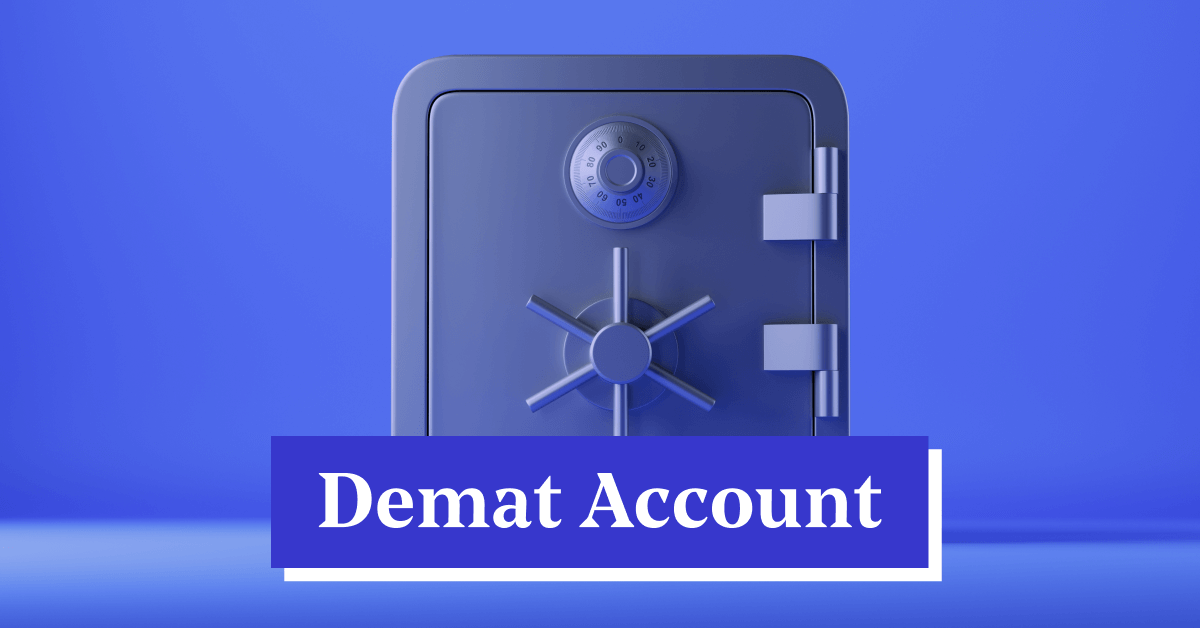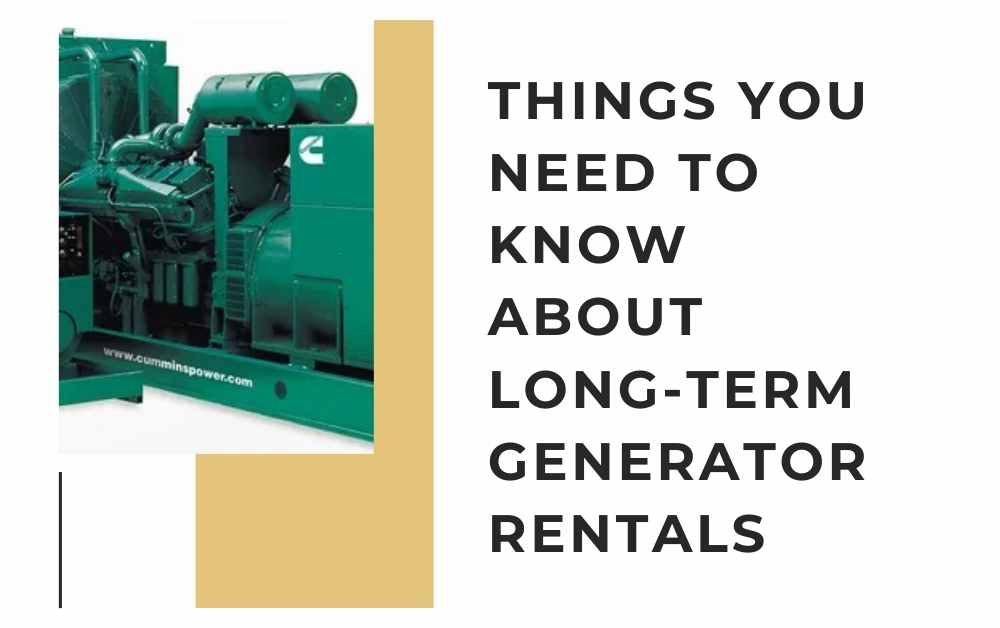
A Demat account has grown to be a vital instrument for individuals looking to participate in the stock market. Physical share certificates are not necessary when owning and trading shares because this electronic account acts as a safe repository. However, there are many Depository Participants (DPs) who provide Demat account services.
This necessitates investors to consider numerous factors before opening a Demat account. These factors range from Depository Participants to associated charges. The main benefit of these considerations is that they help you choose the right Demat account for yourself.
What You Need to Invest in the Stock Market
In order to make stock market investments, you essentially need three things:
-
Demat Account: Demat accounts are exclusively for the electronic storage of shares. Your demat account displays the credit for the shares you purchase.
-
Trading Account: On stock exchanges, shares are purchased and sold using a trading account.
-
Bank Account: Investors can use your bank account to receive money when you sell shares or to transfer money into your trading account to purchase shares.
How to Choose the Best Demat Account for Yourself
You must consider these factors before you decide to open a Demat account:
1. Types of Demat Account
When opening the best demat account, the first consideration is the kind of demat account. You can choose from:
-
Regular Demat Accounts: A Standard Demat Account is suitable for investors who store more than a specific quantity of assets.
-
Basic Services Demat Accounts (BSDA): A BSDA is suitable for investors who keep a small number of securities. Due to its lower maintenance price, a BSDA is a good option for small investors who cannot afford high maintenance costs.
2. Inquire About Broker
Before opening a demat account, you must inquire about whether the broker or DP you are opening an account with is registered with SEBI. The SEBI registration number for your broker will be listed or mentioned at the bottom of the page. Ask your stock brokers whether they provide depository services. If your broker offers these services, trading stocks becomes hassle-free, as you can contact your broker immediately if there’s an issue with your Demat account.
3. Charges and Fees
Different DPs charge differently. This is why it’s important to know and contrast the costs.
-
Annual Maintenance Charge: It is an annual fee that varies across brokers.
-
Brokerage Charges: This is the amount you must pay each time you purchase or sell stocks.
-
Demat Transactions Charges: When you sell your delivery shares, you will be charged for a demat transaction.
4. Trading Account
It is crucial to have an investment and trading platform from which you may make trades, either buying or selling stocks. Verify that your broker offers a cutting-edge, user-friendly trading platform with free charting and market analytics incorporated.
5. Security Measures
Choose a DP for your Demat account with security as your first concern. Seek out DPs who use strong security features, including data encryption, investor protection, and two-factor authentication. These protections for your money and private data can help to ward against any risks.
6. Additional Services
Some DPs may provide other services than keeping an account open. These might include investment advising, investor education materials, portfolio management services, or other value-added services. Consider whether these extra services fit your objectives and desires for investments.
7. Investment Options
Multiple investment options are crucial considerations when choosing the right demat account. You should select a broker who provides a broad selection of investment alternatives to satisfy your investing needs. To spread out your assets, the broker should enable you to invest and trade in stocks, bonds, mutual funds, exchange-traded funds (ETFs), and other securities.
Conclusion
Your Demat account and trading account can greatly impact your investment experience. By carefully weighing the various factors, you can make an educated decision that fits your investment objectives and preferences. These aspects include the services and features provided, charges and fees, account opening procedure, security measures, integration with trading accounts, and extra services provided by the Depository Participant.
A wrong Demat account might result in needless expenses and inconveniences. A right Demat account, on the other hand, can offer you a safe and practical platform for managing your money.





